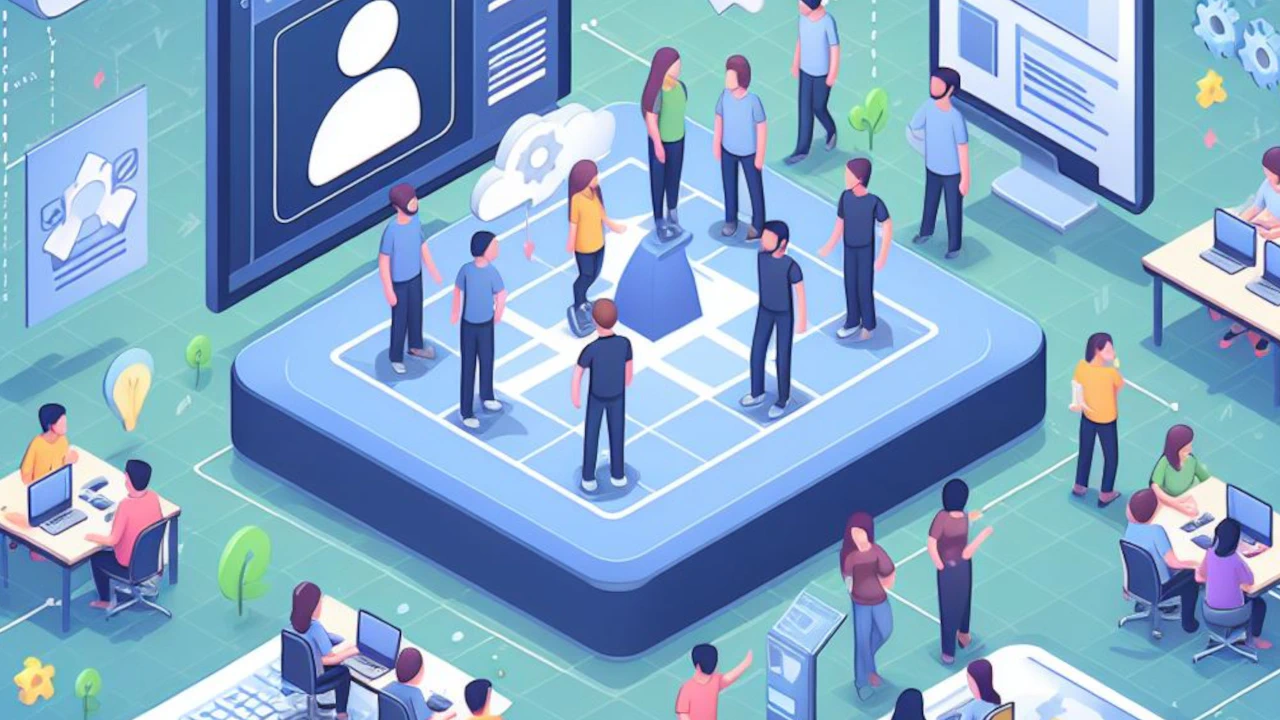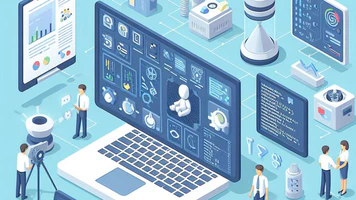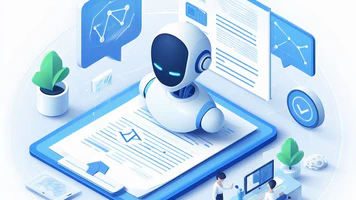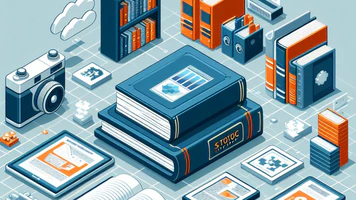
- By Justin Riddiough
- December 10, 2023
In the dynamic landscape of open-source AI, fostering vibrant communities is essential for collaboration, knowledge exchange, and collective growth. Here are strategies for cultivating and maintaining thriving open-source AI communities.
Strategies for Creating Vibrant Open-Source Communities:
Inclusive Communication:
- Foster an environment where diverse voices are heard and valued. Utilize inclusive language and actively seek contributions from individuals with varied backgrounds and perspectives.
Example: A community forum that encourages participants to share their experiences and insights, creating a rich tapestry of perspectives.
Clear Contribution Guidelines:
- Establish transparent contribution guidelines to streamline the onboarding process for new contributors. Clearly define the steps for submitting code, documentation, or other valuable contributions.
Example: A well-documented contribution guide on a project’s GitHub repository, providing clarity on how to contribute to the codebase.
Regular Community Events:
- Organize regular events such as webinars, hackathons, or virtual meetups to bring community members together. These events provide opportunities for networking, skill development, and collaborative problem-solving.
Example: A monthly virtual meetup where community members can showcase their projects, share insights, and connect with like-minded individuals.
Collaboration Platforms
Collaboration platforms play a pivotal role in facilitating communication, project management, and coordination within open-source AI communities. Here’s an overview of key platforms and their roles:
Overview of Collaborative Development Platforms:
GitHub:
- GitHub is a central hub for version control and collaborative development. It allows developers to contribute code, report issues, and collaborate on projects seamlessly.
Discord:
- Discord provides real-time communication and collaboration, particularly favored for its chat features. Many AI communities use Discord for quick discussions, Q&A sessions, and community building.
Hugging Face:
- Hugging Face is a platform dedicated to natural language processing models. It serves as a collaborative space where developers can share, discover, and fine-tune language models.
Interlinking Projects for SEO and Network Strengthening:
Interlinking open-source AI projects across platforms is crucial for enhancing visibility, search engine optimization (SEO), and network strengthening. Establishing connections between GitHub repositories, community forums, and collaborative platforms contributes to a robust online presence.
In the ecosystem of open-source AI, building communities and leveraging collaborative platforms are integral components that drive innovation, foster learning, and propel the collective advancement of artificial intelligence.


